Closing my tabs (Sep 12, 2025)
AI in academia, $1B NSF cut, AI+biosecurity, bacterial DNA from mammoth bones, understanding LLMs and their math, bioacoustics for conservation, Synthetic Eden, lots of R/AI updates, CRISPR horses...
Happy Friday, colleagues. Once again I’m getting ready for the weekend, going through my long list of idle browser tabs trying to catch up where I can.
Olivia Guest et al.: Against the Uncritical Adoption of 'AI' Technologies in Academia.
Judge allows Trump to cut more than $1bn in National Science Foundation grants. Wednesday a federal judge declined to grant a preliminary injunction, allowing the administration to purge over 1,600 National Science Foundation (NSF) research grants worth more than $1 billion.
Abhishaike Mahajan (owlposting on Noetik’s blog): How do you use a virtual cell to do something actually useful?
RAND Corporation report on emerging biotech and biosecurity risks: Assessing the Impacts of Technology Maturity and Diffusion on Malicious Biological Agent Development Capabilities.
Chronicle: How to Get Through the Year, and Maybe Even Thrive: Four ways to nurture academic well-being in these uniquely challenging times.
The world's oldest bacterial DNA found in a million-year-old mammoth: Ancient host-associated microbes obtained from mammoth remains.
Switching from Docker to Podman: Podman offers a more secure, daemonless alternative to Docker, reducing attack surfaces while improving stability and resource efficiency. CLI compatibility, native systemd integration, built-in k8s support. See also the HN comments on this post.
Veerle Eeftink – van Leemput: What LLMs Actually Do (and What They Don’t):
What LLMs really do, conceptually and technically, but explained super simply
How to interact with them while staying in your comfort zone (Python or R)
How to turn those interactions into real, usable tools using Shiny (again: Python or R)
The magic of mixing in your own data such as documents, notes, and anything else you use
Giles Thomas: The math you need to start understanding LLMs.
DeepMind’s Perch 2.0: How AI is helping advance the science of bioacoustics to save endangered species. The original paper is on arXiv — Perch 2.0: The Bittern Lesson for Bioacoustics.
First CRISPR horses spark controversy: what’s next for gene-edited animals? Horses with genomic edits to make them run faster have been banned from polo, but a zoo of CRISPR-edited animals is gaining acceptance in agriculture.
996 (HN comments), i.e., everything that’s wrong with tech startup culture.
Moral World Building and the Launch of a New Partnership. My friend and colleague Alexander Titus published his debut sci-fi novel this week, Synthetic Eden. This article talks about the partnership between the scientist and the fiction writer, and how Synthetic Eden came to be.
The global return-on-investment of COVID-19 vaccines in the first year of the vaccination programme. Vaccine development and delivery cost $79.4 billion, but the health and economic benefits of vaccination were valued between $4.83 trillion–$37.8 trillion. I.e., estimated ROIs of $59.8–$475 per dollar invested.
A new paper from Jim Shaw, Maximillian Marin, , and Heng Li: High-resolution metagenome assembly for modern long reads with myloasm.
posit::glimpse() Newsletter – August 2025. Positron, Positron Assistant and Databot, ellmer, chatlas, mcptools, ragnar, Quarto 1.8, Shiny for Python, learning resources, Quarto+marimo, much more.
The quickr package is now on CRAN. quickr compiles R code down to Fortran, compiling R functions annotated with type and shape declarations for extremely fast performance and robust runtime type checking. See examples and docs on GitHub.
R Weekly 2025-W37: mirai for production grade parallel and distributed computing; nanonext for breaking down language barriers in data science. Nanonext connects R directly with Python machine learning models, Go microservices, Rust compute engines, or C libraries without intermediate files or complex APIs.
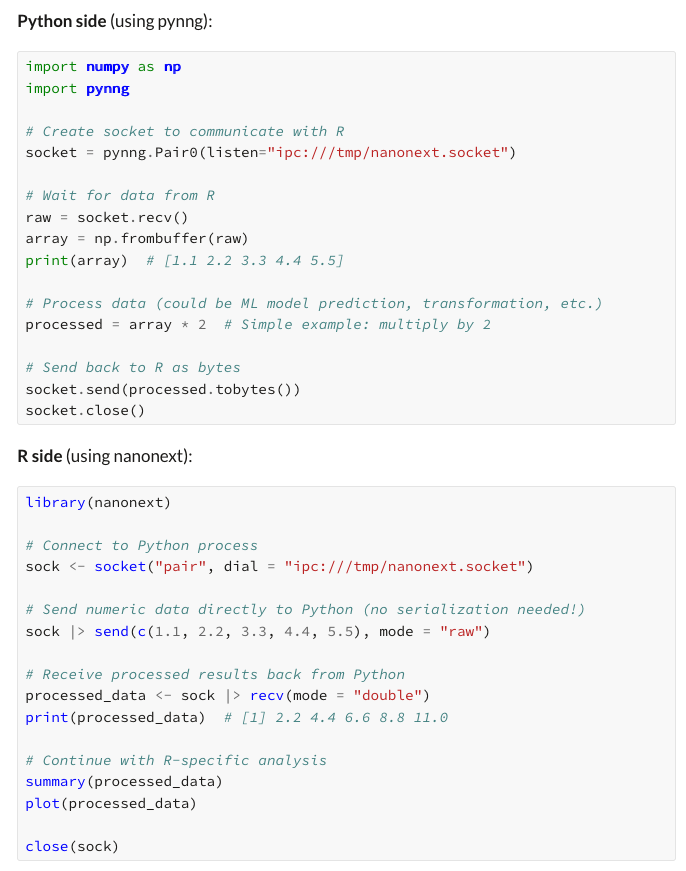
And finally, a truly fantastic position paper on AI in academia by Olivia Guest and colleagues: Against the Uncritical Adoption of 'AI' Technologies in Academia. Yesterday I posted a few quoted articles from the paper, but I highly recommend reading the paper itself!

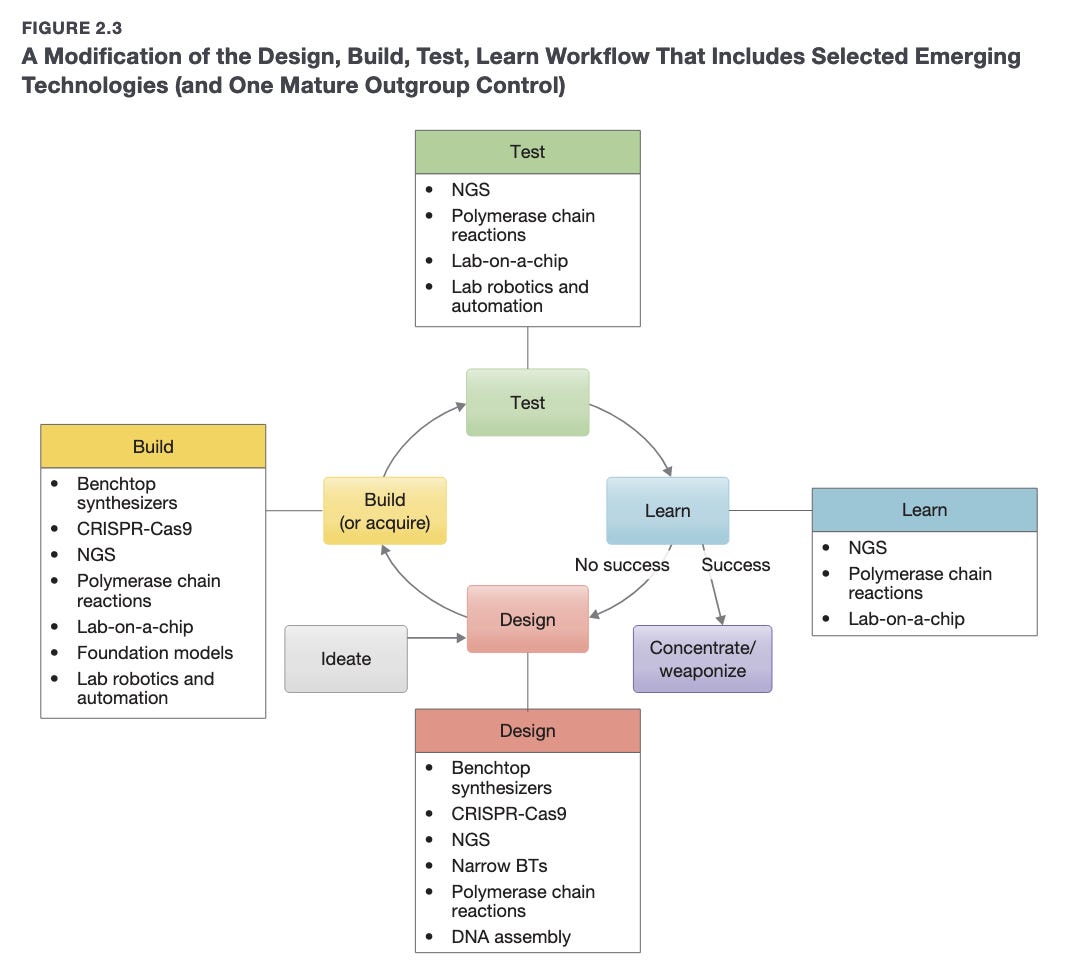
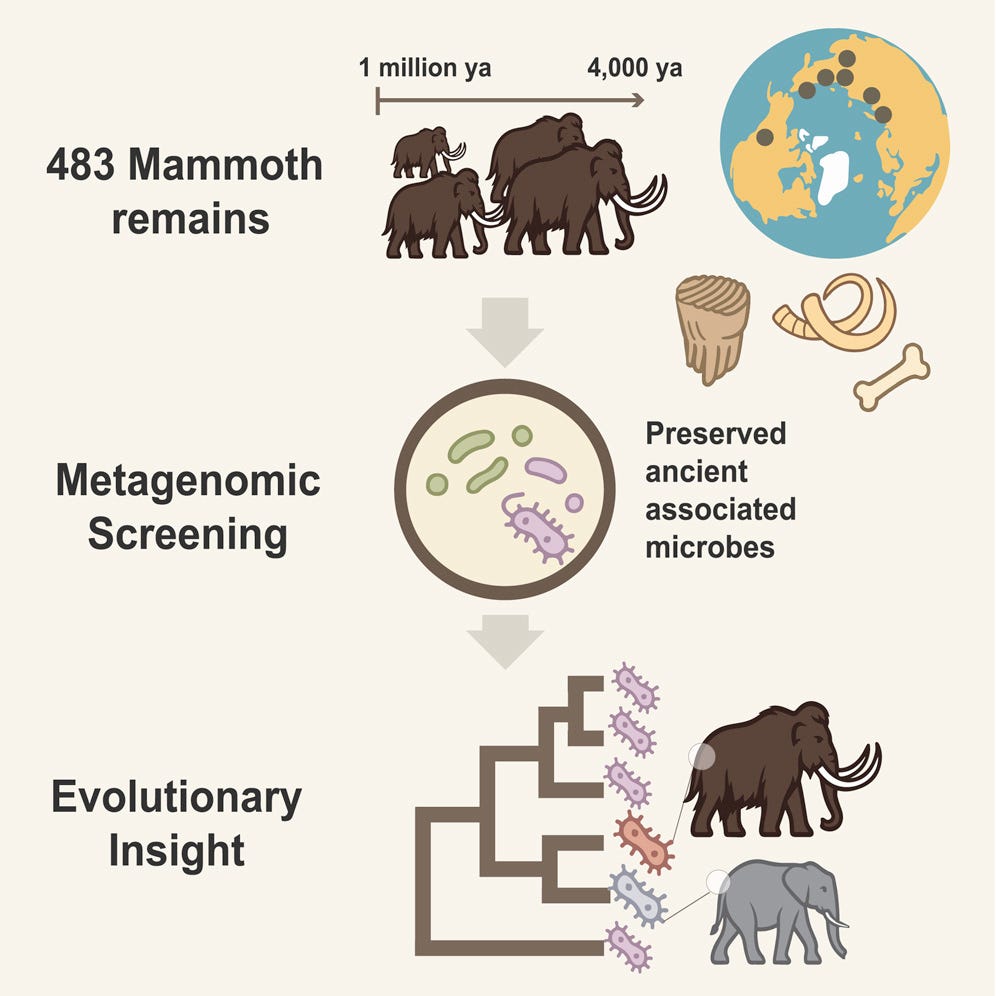

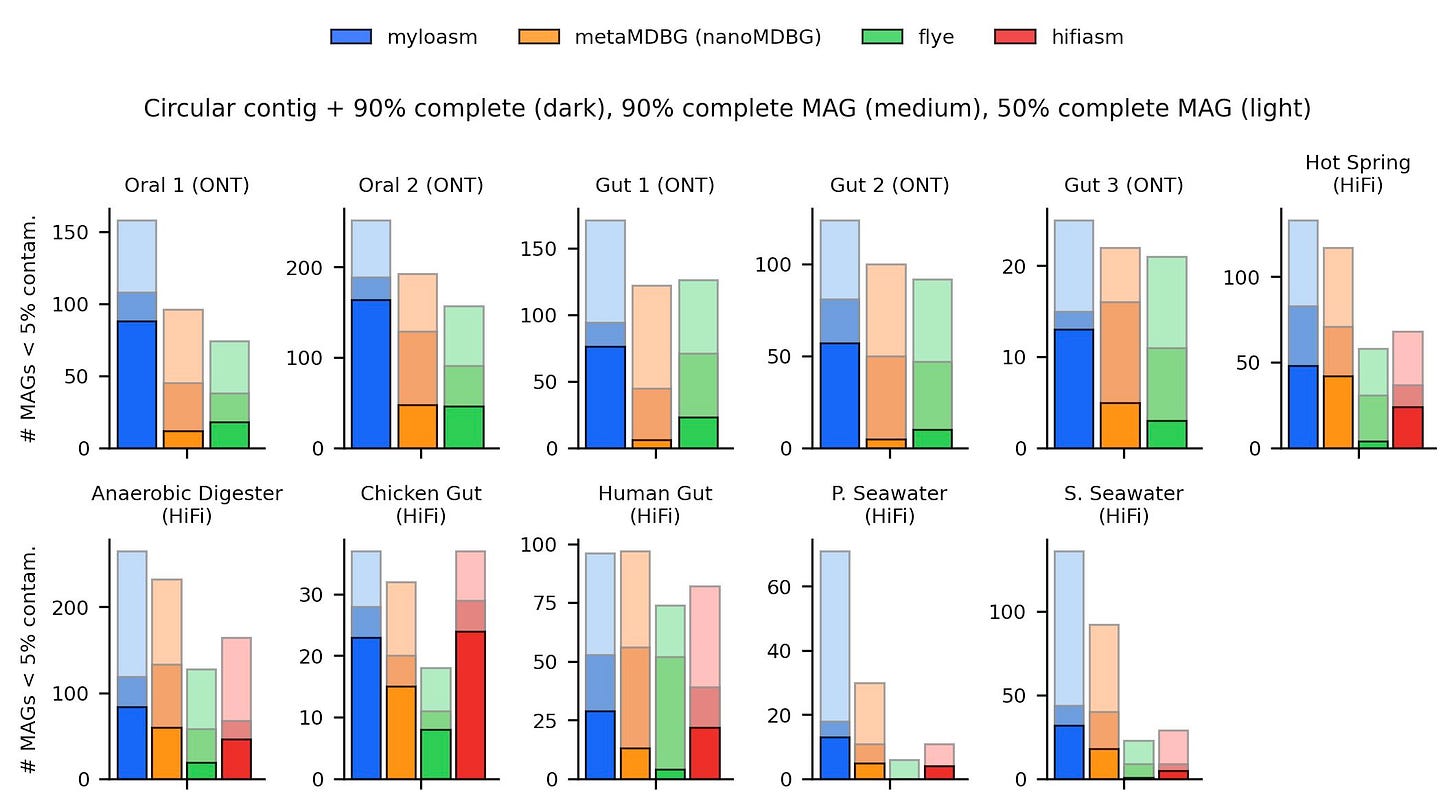
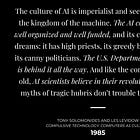
Subscribe back. Welcome